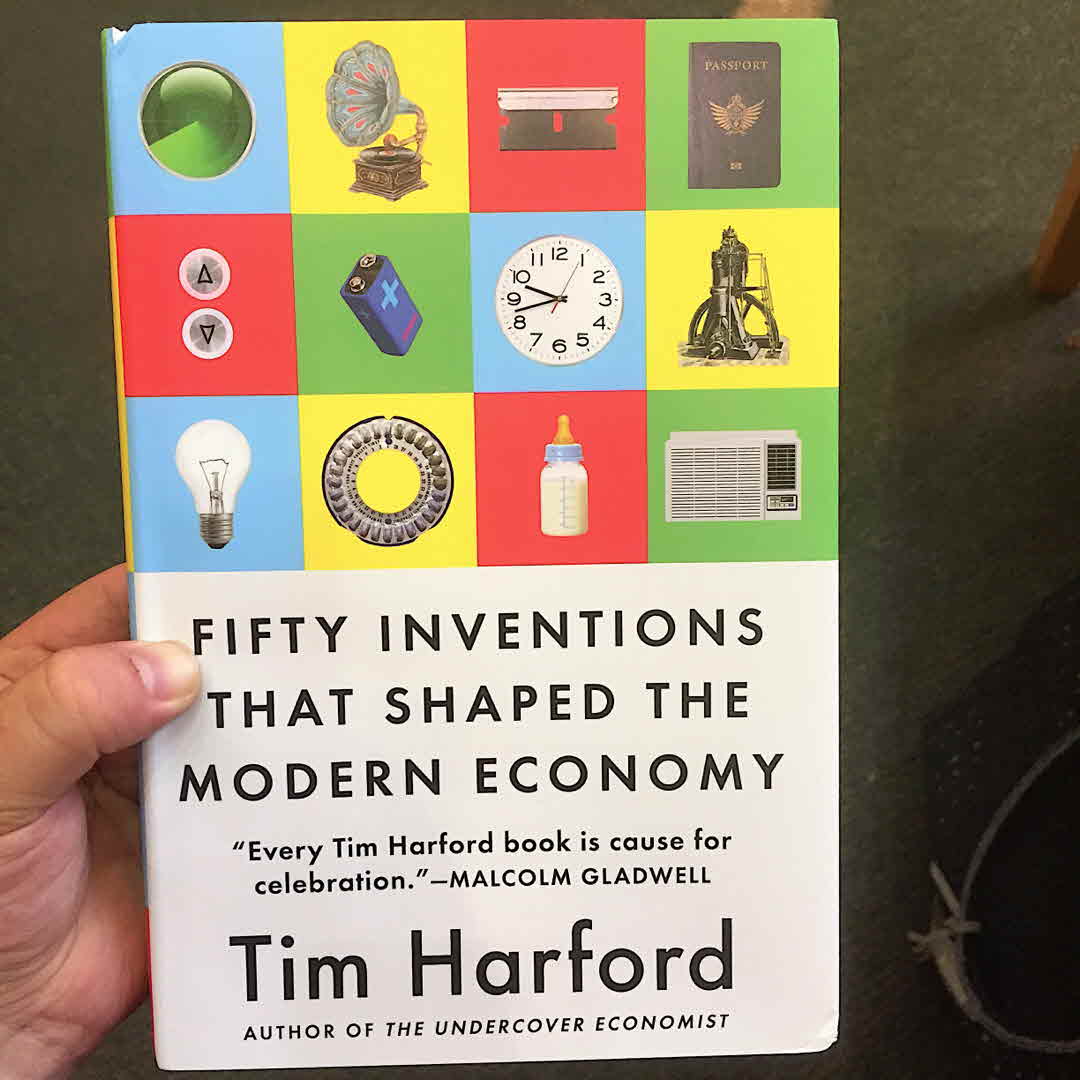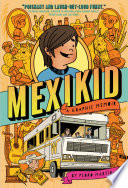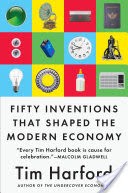
#TBRtemptation post 4! Recently released. A witty book about history, economics, and biography, Harford provides a lot of information on interesting questions, like: who thought up paper money; how did the barcode do in the corner store; why the gramophone increased inequality; what's the connection between "The Da Vinci Code" and Lehman Brother's collapse; and much more. #blameLitsy #blameMrBook ?
47 likes4 stack adds


















